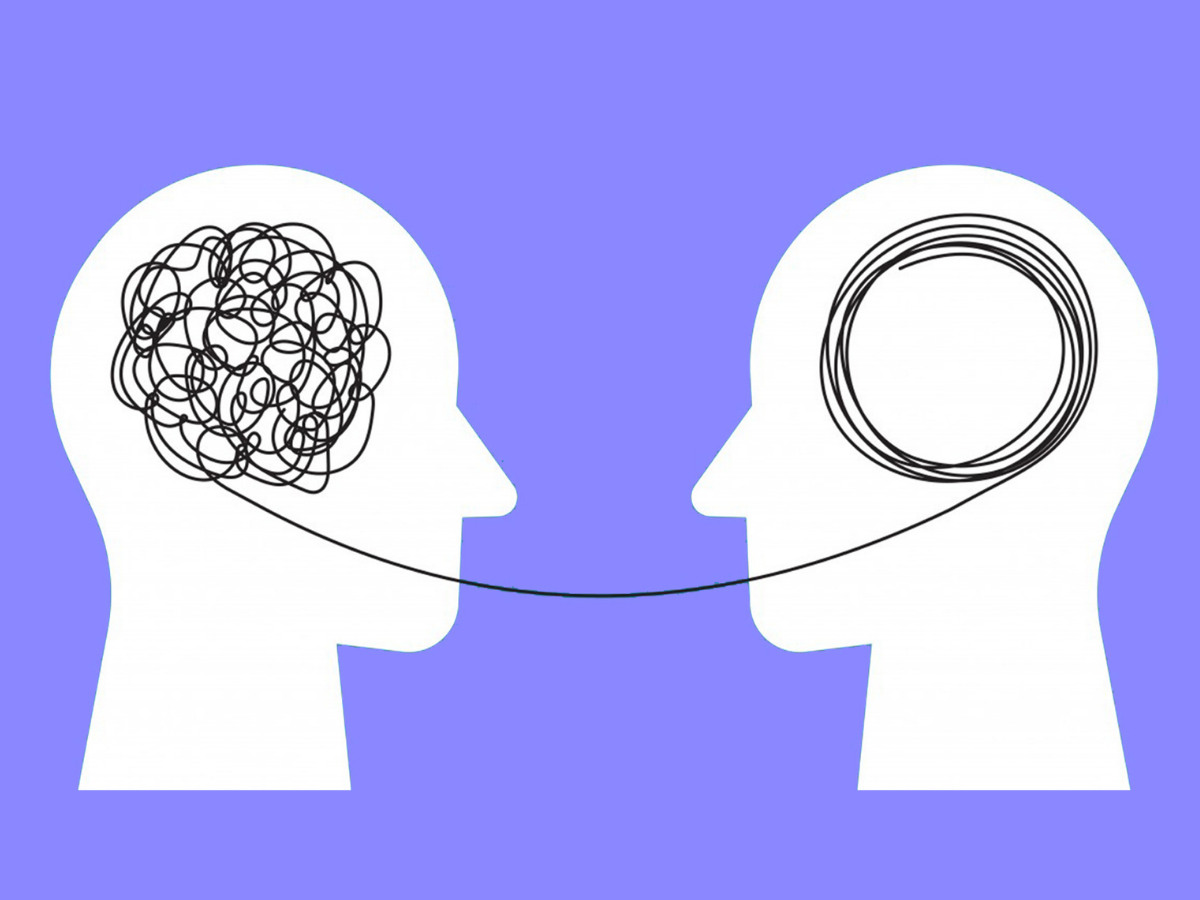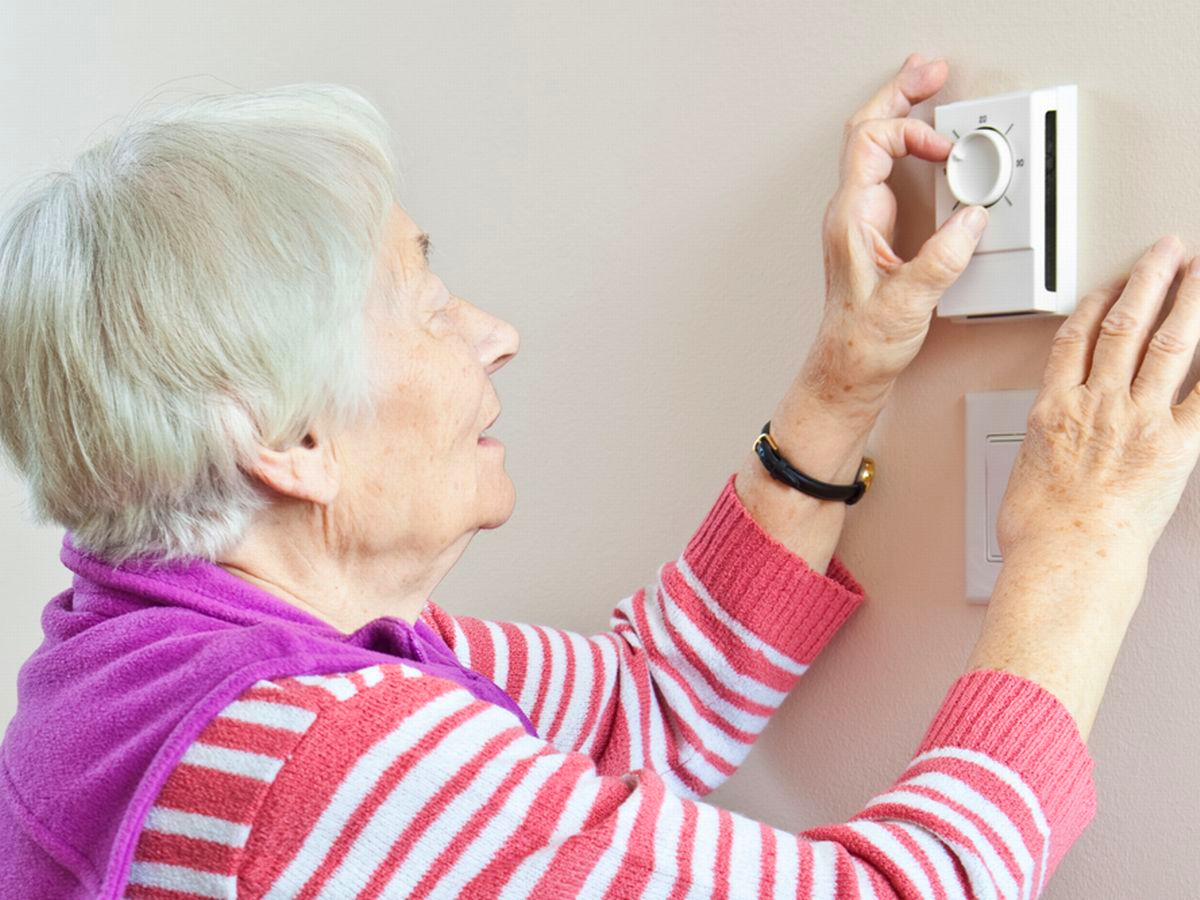Government forecasters have predicted that energy prices could push inflation to a 40-year high of 8.7% in the final quarter of 2022. Rishi Sunak’s Spring Statement was announced on Wednesday and included measures to try and soften the blow of these rising prices, but the rising cost of living will continue to hit those who can least afford them the hardest.
Health at a cost
Ruby Walsh, a teenager with cerebral palsy who is deaf and blind, uses pieces of medical equipment to keep her alive. Ruby’s family are reimbursed for the cost of the equipment itself, but the electricity costs of running her nebuliser and ventilator fall on the family. Over the past couple of months, they have already seen their bills rocket from £175 to £225 a month. These bills are expected to rise higher still following the energy price cap rise that is due on April 1st.
Sadly, Ruby’s story is one of many.
Phoenix Halliwell, a 46-year-old father from Coventry, stated the price increases make him feel like he is being ‘priced out of existence’. His family stopped using their heating at the end of January so that they could afford to run his dialysis machine five nights a week, but have still seen their bills increase by 50% since July. Such drastic measures should not be necessary to stay alive, yet these decisions have become a bleak reality for many. With prices so high, even using an electric blanket for warmth to manage chronic pain is beginning to feel like an unaffordable luxury.
‘People are having to use their benefits, which were put aside to pay for their social care and for their independence, into paying for food and bills, and it is still not enough,’ commented Dan White of Disability Rights UK. ‘People are turning off power, and parents and carers are turning off essential equipment for their children’s health to save money. This is a humanitarian crisis and it’s only going to get worse.’
Scope is currently campaigning to tackle the financial penalty of disability, including reforms to Warm Home Discount eligibility criteria so that support can be more effectively targeted at disabled people.
Fuel poverty
Fuel poverty – ‘the condition by which a household is unable to afford to heat their home to an adequate temperature’ – affects 3.16 million households, with this figure set to rise to an estimated 6.32 million due to the price cap rise from 1 April 2022. It has even been suggested by the End Fuel Poverty Coalition that this could rise as high as 8.5 million households by the end of 2022. For people on low income, disabled people, and the elderly, the effects of the energy price cap rise could be devastating.
‘Ending fuel poverty is a public health necessity and a national security priority,’ commented Simon Francis of the End Fuel Poverty Coalition. ‘Based on World Health Organisation modelling, an estimated 80 frail and elderly people die prematurely every day across the UK each winter.’Age UK has regularly highlighted the health impacts of fuel poverty and suggested that this ‘crisis should prompt a re-think about the adequacy of the UK Government’s support package for those on the lowest incomes’.
Impact on the NHS
The rising cost of living will drastically impact the health of the nation. As essentials become increasingly expensive, more people will fall below the poverty line – this will in turn bring adverse health effects. Poverty is widely known to be a key driver of poor health, and NHS leaders have warned that the cost of living squeeze will likely have continued impacts on health and care.
As well as pushing more people below the poverty line, the rising cost of living may have direct impact on people’s ability to access the support they need. For example, people may not be able to afford to take time off sick (especially now that COVID self-isolation support payments have ended), thus putting their physical and mental health at risk.
Even paying for prescriptions can become an impossible task when you are already struggling to make ends meet. Those on Universal Credit are eligible for free prescriptions, but people who are working and only just scraping by get caught in a difficult position of needing support but technically earning too much to access it.
As food costs rise, people are likely to turn to cheaper, more unhealthy options out of necessity, bringing further health implications later down the line. With all this in mind, it is clear that the cost of living squeeze will have an array of negative impacts on the health of the nation and, in turn, place further strain on the NHS.
The pandemic has provided a ‘stark lesson that health and wealth are fundamentally intertwined’, yet it seems that the changes announced in the Spring Statement will not be enough to support those in financial hardship or combat the higher inflation rates that risk eroding planned spending on public health services.
Recommended for you

Antidepressant Prescribing at Six-Year High
More people are taking antidepressants than ever. Is this a dark sign of the times or an indication that mental health stigma is changing?

Can AI be Used to Determine Cancer Recurrence?
When cancer patients go into remission, they often worry about it coming back. AI can now help identify those at risk of cancer recurrence.

Pegasus – Still a Threat to the UK?
The notorious Pegasus spyware has been misused to exploit vulnerabilities in devices, even those kept within the walls of Number 10.
Trending

Drug Decriminalisation: Could the UK Follow Portugal?
Portugal’s drug decriminalisation has reduced drug deaths and made people feel safe seeking support. Would the UK ever follow suit?

Calling All Unvaccinated UK Adults
With Covid cases rising, the NHS is urging the 3 million UK adults who remain unvaccinated to come forward.





